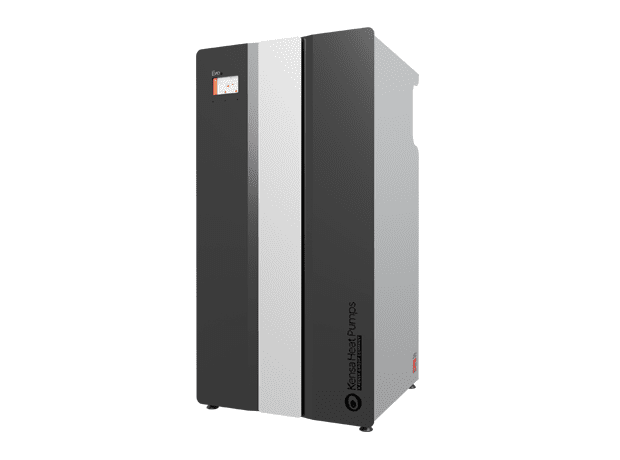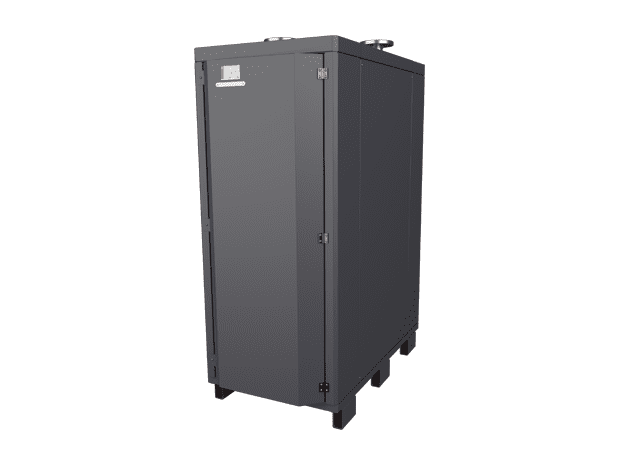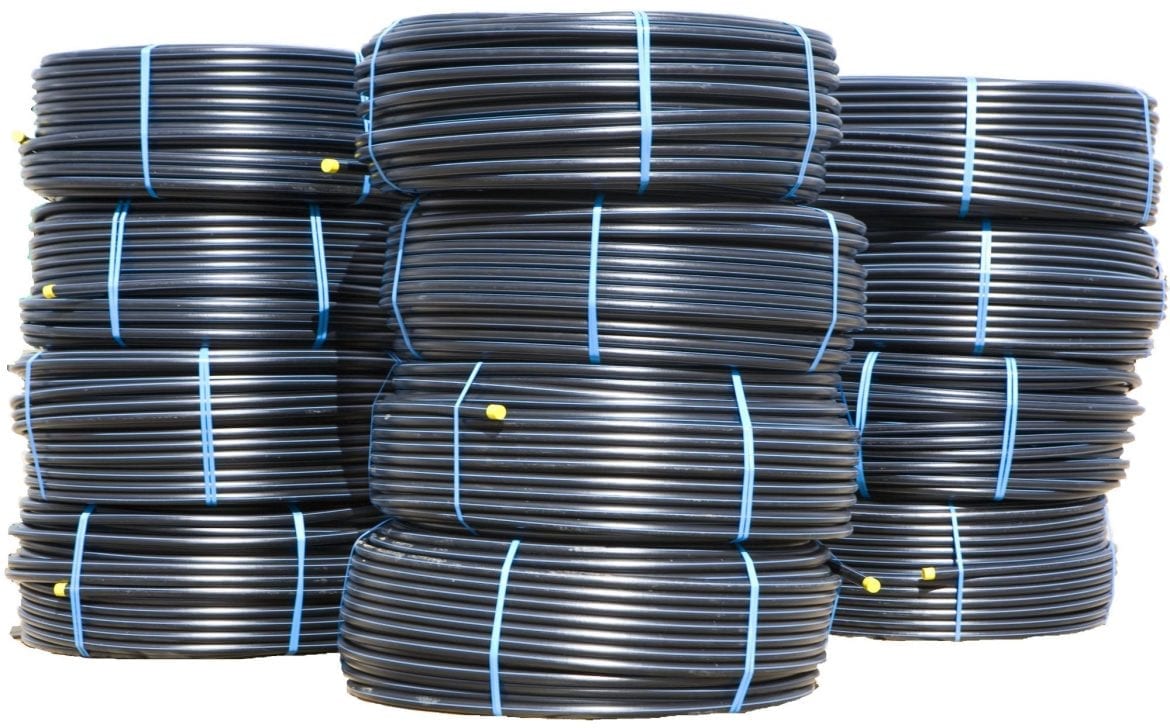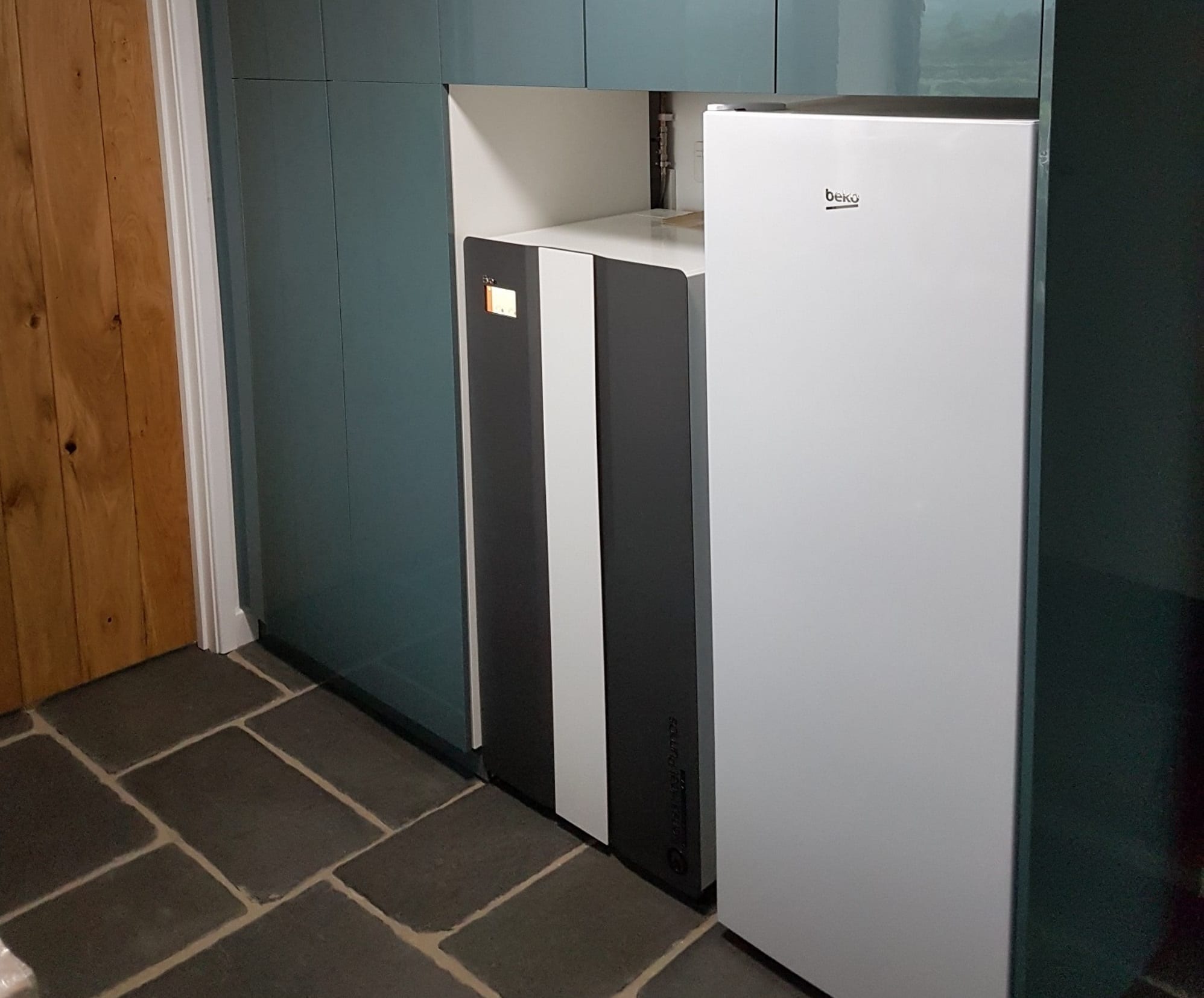Your choice of heating system could be of great consequence for your building project for years to come. Ground source heat pumps have low running costs, minimal maintenance and a long lifetime and qualify for a generous income from the Domestic Renewable Heat Incentive (RHI: this scheme has now closed – please visit this page to explore other funding). In this blog, find out if your project could benefit from ground source.
Environmental pressures have boosted the appetite and need for low-carbon, low-polluting renewable technology in both rural and urban locations, in particular ground source heat pumps.
This technology is also a favourite for its low running costs, minimal maintenance and long lifetime. Government’s Domestic RHI (this scheme has now closed) income makes the financial case for ground source heat pumps even more appealing for self-builders; those with a one building project can enjoy a guaranteed income for 7 years. For those with more than one dwelling, connecting individual heat pumps in these dwellings to shared pipework in the ground is not only cost-effective, but significantly saves carbon emissions versus fossil fuel systems on a large scale – future-proofing the properties for years to come.
With the case for ground source heat pumps clear, Kensa Heat Pumps has come up with three simple top tips to ensure your project is suited to ground source heat pumps. If you tick all these boxes, you can most certainly benefit from this rewarding and renewable homegrown technology for years to come.
Top Tip #1: What are the insulation levels of the property?


Furthermore, the more efficient your heat pump, the more you earn through the Domestic RHI (this scheme has now closed). A win-win.
Top Tip #2: Strive for optimum efficiency
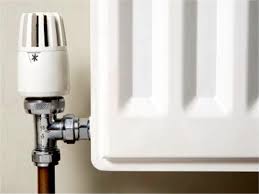

Selecting whether you have underfloor heating or radiators, and what floor covering you use, can all effect the efficiency of your ground source heat pump system, which ultimately impacts your fuel bills.
Typically, well insulated homes with underfloor heating downstairs and radiators upstairs (oversized if a renovation) return the best results.
Top Tip #3: Your land is worth more than you think


There are many options to extract the heat from the ground, from space-saving boreholes to cost-effective slinky trenches, to water sources (lakes, streams, ponds etc.) which provide the most efficient heat extraction for the heat pump.



